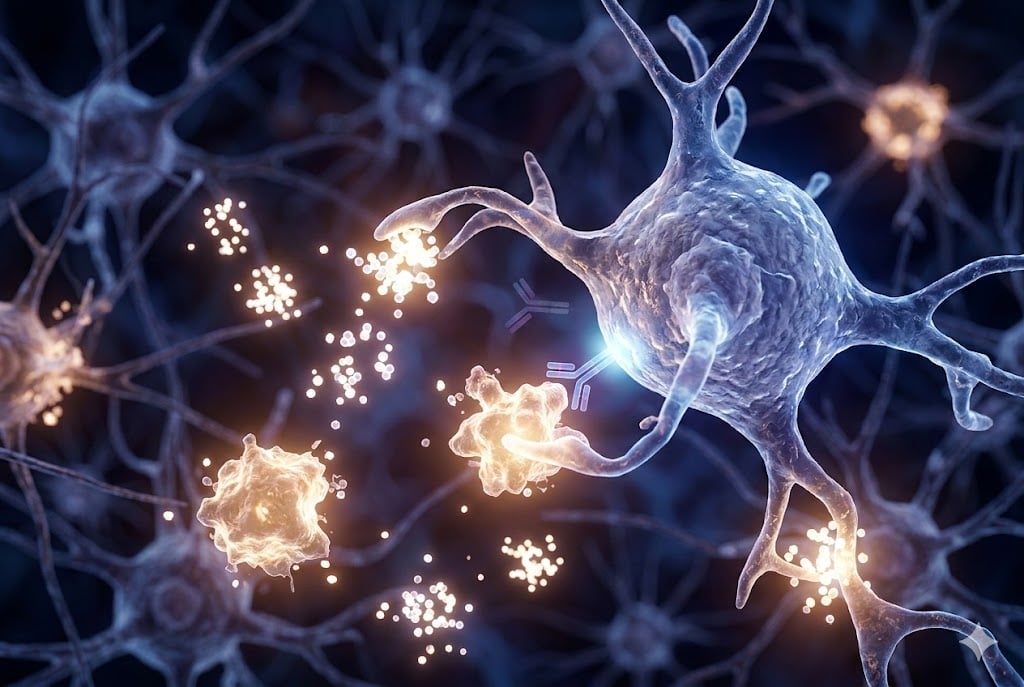
Is Sugar Really to Blame for Alzheimer’s?
Sugar, the brain, and Alzheimer’s – just how tight is their connection? Check out this update from Tulane University’s targeted study.

Sugar, the brain, and Alzheimer’s – just how tight is their connection? Check out this update from Tulane University’s targeted study.
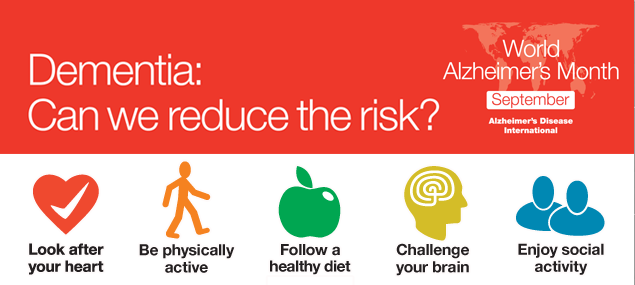
START WORLD ALZHEIMER’S MONTH WITH A HEALTHY DEMENTIA-FIGHTING INFOGRAPH & VIDEO.
Prevent dementia. Learn how to lower your Alzheimer’s risk. Be good to your brain this World Alzheimer’s Month.
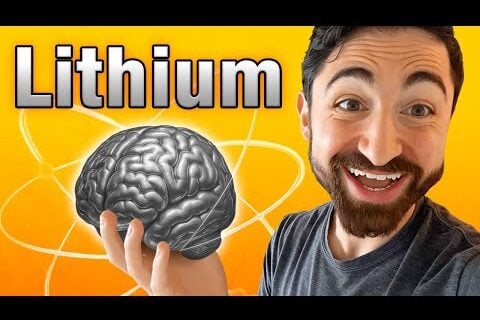
Explore lithium’s impact on Alzheimer’s and dementia prevention. See practical takeaways, including what Dr. Norwitz is doing himself to protect his family’s cognitive health.

At Washington University, extra sleep reinforced connections between brain cells that encode memories. Past studies linked extra sleep to boosting memory. This study links extra sleep to the repair of damaged memory systems.

Got enough sunshine? Learn how sunshine seems to offer a bright, simple way to lower your risk of dementia.
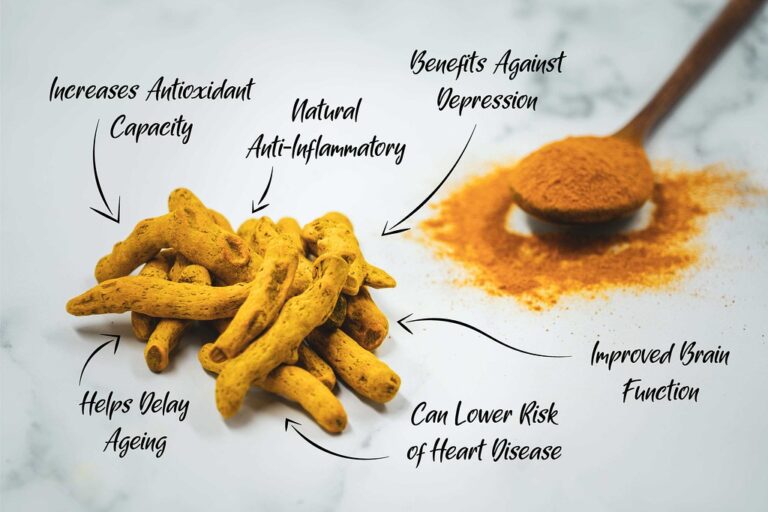
Australian researchers show nanoparticles that contain curcumin, from turmeric, not only prevent cognitive deterioration, but also reverse the damage. Find out more about this exciting development.
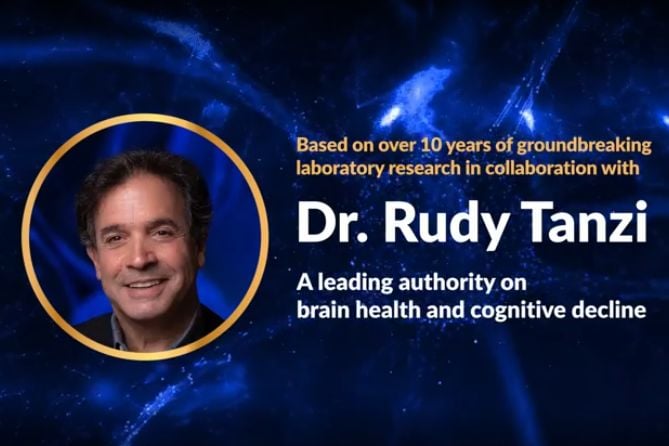
Dr. Rudy Tanzi is Professor of Neurology at Harvard Medical and Director of McCance Center for Brain Health. Based on 3 decades of his research, learn how CogniSHIELD uniquely protects against amyloid, inflammation and Alzheimer’s.

HEALTH (VIDEO + ARTICLE):
We show you the science of multiple studies that sound almost too good to be true. Hot tubs proved protective in the USA while saunas
lowered Alzheimer’s risk 65% in a 20-year Finnish study. Learn more.

VIDEO + ARTICLE:
Ergothioneine (ET) from mushrooms has been associated with brain health for years. In a six-year study, seniors consuming 300 grams of mushrooms weekly had 50% less risk of mild cognitive impairment (MCI, often referred to as pre-dementia). Get the facts about this correlation.

Salk Institute’s J147 is a derivative of turmeric, a spice used in curry. Learn how it fights memory deficits and has a host of unexpected anti-aging effects in the lab.

The protein BDNF builds synapses in the human brain, nurturing brain cells and fighting off dementia. While there is no artificial way of boosting it, social and cognitive activity can.

Memory failing? New research shows you may need help, but not for dementia. Memory slips, stress and fatigue are growing in people with healthy memory.

People may not have easy access to sophisticated, expensive dementia tests. A simple test from Einstein Medicine uses a stopwatch and a few questions to determine one’s risk of dementia. The potential payoff could be tremendous for individuals, their families and society.

In gardening, people with Alzheimer’s grow fresh plants along with better thinking. It’s a pleasant way to make things easier.

The co-founder of a caregivers’ organization introduces technology he has found helpful in caring for his grandmother with dementia.

People with dementia are enjoying yoga and dance classes at the Alzheimer’s Association. See why caregivers find the classes “EXTREMELY helpful.”

Swiss researchers find that people with certain personality traits are protected against Alzheimer’s disease, including those who are less agreeable, had natural curiosity, and were nonconformists. Find out why.
No spam, only news and updates.
